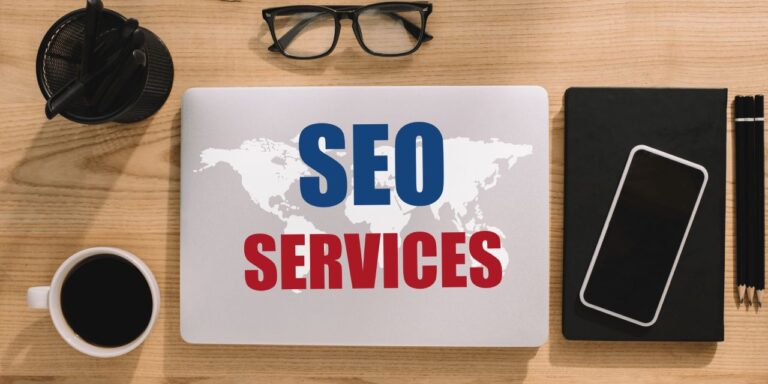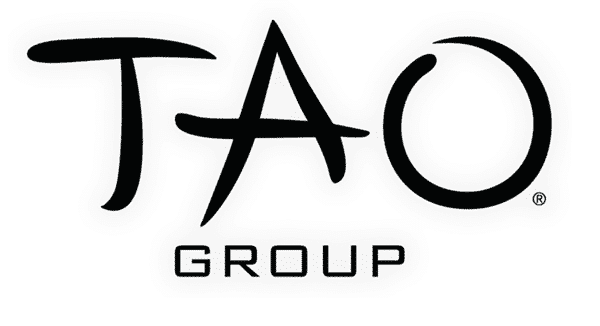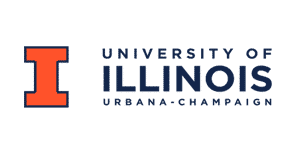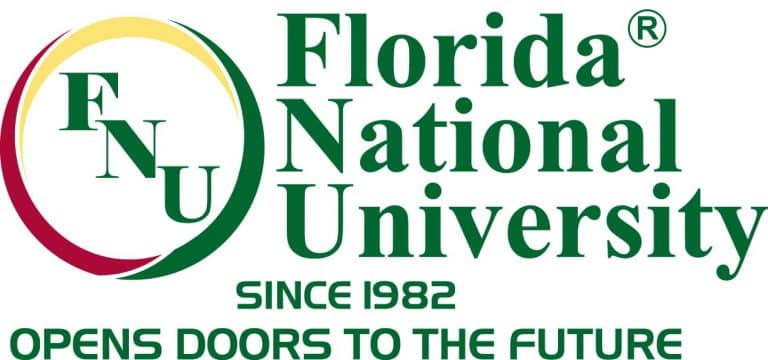Introduction

In the ever-evolving landscape of digital marketing, Search Engine Optimization (SEO) stands as a cornerstone for businesses striving to enhance their online presence and attract organic traffic. However, the advent of a cookie-less world presents both challenges and opportunities for SEO practitioners. As cookies lose their significance in tracking user behavior, SEO strategies must adapt to ensure continued effectiveness. In this article, we delve into the implications of a cookie-less world on SEO and explore the strategies and opportunities it brings forth.
Understanding the Cookie-less Landscape

Cookies, small pieces of data stored on users’ devices, have long been instrumental in tracking online behavior and delivering personalized experiences. However, growing concerns over privacy and data protection have spurred regulatory changes and browser updates that restrict cookie usage. With major browsers like Safari, Firefox, and Chrome implementing stricter cookie policies, the traditional methods of tracking user activity are becoming obsolete.
Challenges Faced by SEO in a Cookie-less World
Limited User Data:

Without access to comprehensive user data obtained through cookies, SEO professionals face challenges in understanding user behavior, preferences, and demographics. This limitation complicates the process of targeting the right audience with relevant content.
Impact on Personalization:

Personalized content has been a cornerstone of effective SEO strategies. However, the decline of cookies makes it increasingly difficult to deliver personalized experiences tailored to individual users, impacting engagement and conversion rates.
Attribution Modeling:

Attribution modeling, which helps marketers understand the customer journey and allocate credit to various touchpoints, becomes more complex in a cookie-less environment. Without reliable tracking mechanisms, accurately attributing conversions to specific marketing channels becomes challenging.
Retargeting Efforts:

Retargeting campaigns, which rely heavily on cookie-based tracking to re-engage users who have previously interacted with a website, face significant setbacks. Marketers must explore alternative methods to reach and convert lost leads effectively.
SEO Performance Metrics:

Traditional SEO performance metrics, such as click-through rates (CTR) and bounce rates, may lose relevance or accuracy in a cookie-less world. SEO professionals need to reassess their metrics and KPIs to gauge the effectiveness of their strategies accurately.
Adapting SEO Strategies: Opportunities Amidst Challenges
Focus on First-party Data:

With the decline of third-party cookies, leveraging first-party data becomes paramount. SEO practitioners can collaborate closely with other departments, such as customer service and sales, to gather valuable insights directly from users.
Embrace Contextual Targeting:

Contextual targeting, which delivers ads based on the content of the webpage rather than user data, emerges as a viable alternative to personalized advertising. By aligning content with the context of the user’s browsing experience, businesses can enhance relevance and engagement.
Invest in AI and Machine Learning:

Artificial Intelligence (AI) and Machine Learning (ML) technologies offer advanced capabilities for analyzing vast amounts of data and predicting user behavior without relying on cookies. Integrating AI-driven tools into SEO strategies can enable more accurate audience segmentation and content optimization.
Optimize for Voice Search and Intent:

As voice search continues to gain prominence, optimizing content for natural language queries and user intent becomes crucial. By understanding the context behind search queries, businesses can deliver content that satisfies user needs and improves search visibility.
Build Trust and Transparency:

In a privacy-conscious era, building trust with users becomes a competitive advantage. Transparency regarding data collection and usage practices can foster trust and encourage users to willingly share their information, facilitating personalized experiences without compromising privacy.
Diversify Marketing Channels:

Relying solely on search engines for traffic may no longer suffice in a cookie-less world. SEO professionals should diversify their marketing channels, including social media, email marketing, and influencer partnerships, to reach audiences effectively across multiple touchpoints.
Conclusion

The transition to a cookie-less world poses significant challenges for SEO practitioners, requiring a paradigm shift in strategies and approaches. By embracing emerging technologies, prioritizing first-party data, and focusing on user-centric optimization, businesses can navigate this new landscape successfully and capitalize on the opportunities it presents. While the road ahead may be challenging, adaptability and innovation will be key drivers of success in the evolving realm of SEO.




































